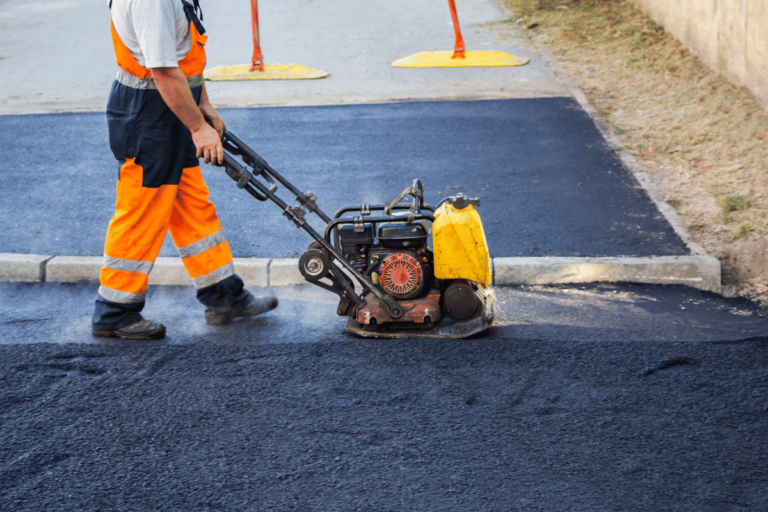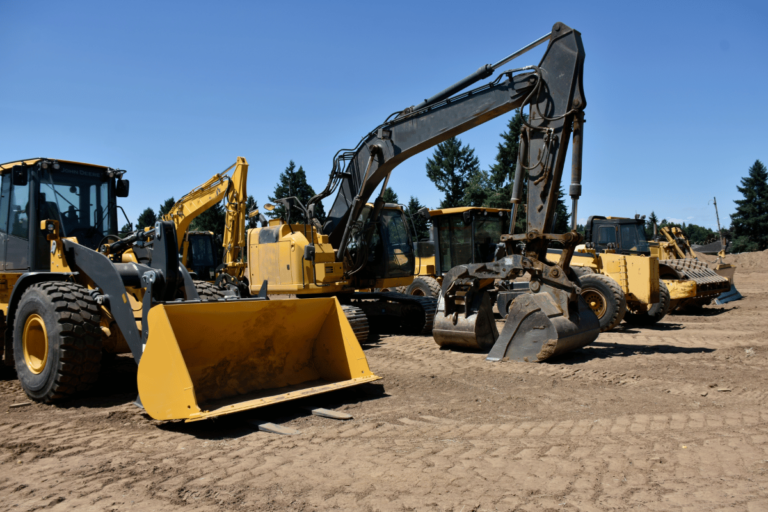The Importance of Standpipes as a Component of Employee Safety
Standpipes are vertical pipes designed to provide access to water in various industrial environments. Their primary function is to serve as a reliable, fixed water source in industries or locations where a large supply of water is needed but may not be immediately accessible.
In addition, standpipes also play a crucial role in dust suppression, equipment maintenance, and cooling, making them indispensable in a wide range of industries where water is a critical resource. By providing accessible water points, standpipes contribute to operational efficiency and employee safety in high-risk environments.
Where Are Standpipes Used?
Sometimes called J-stands because of their basic shape, standpipes are commonly found in large-scale operations such as construction sites, mining facilities, and industrial complexes. These environments often require quick and reliable access to water, not only for daily operations, but also for safety and emergency response. For instance, in construction zones, standpipes are often installed before permanent water infrastructure is in place, ensuring that water is available for tasks such as dust suppression and equipment cooling. In mining operations where flammable materials and hazardous conditions are prevalent, having an accessible water source is critical for fire prevention and containment.
With that said, let’s take a closer look at how standpipes contribute to employee safety at these industrial sites.
Dust Suppression in Construction and Mining
Construction and mining sites often have to deal with dust clouds from digging, drilling, or demolition activities. These can pose significant health risks to workers and reduce air quality. Dust inhalation, for one, can lead to respiratory issues. Excessive dust can also decrease visibility and contribute to workplace accidents.
Standpipes help manage these risks by providing a direct water supply for dust suppression measures. They can serve as a water cart or water truck fill point, from where these containers or vehicles can then deliver water to areas at the centre of drilling, digging, or demolition activities where dust needs to be controlled. In this way. standpipes both ensure a safer work environment for employees and help companies comply with environmental and safety regulations. Moreover, they allow operations to continue with fewer disruptions, increasing productivity and lowering costs associated with downtime.
Equipment Maintenance and Cooling
Overheating can be a major concern in industries where heavy machinery is constantly in use. Equipment such as trucks, bulldozers, and construction cranes generate immense heat during operation, which can cause mechanical failure and increase the risk of fires. Thus, it’s crucial for mining, construction, and similar industries to have a reliable way of cooling machinery to prevent overheating and maintain the operational efficiency of these equipment.
Fortunately, water from standpipes can be used for this purpose. It can also be used for cleaning equipment, effectively removing dirt, grease, and debris that may have accumulated during long shifts. With regular cleaning, heavy equipment can remain in good working condition for longer. In essence, incorporating standpipes into equipment maintenance routines can help businesses prolong the lifespan of their machinery and reduce the likelihood of costly repairs or replacements.
Emergency Water Access
One of the most critical roles of standpipes is their ability to provide emergency water access. In environments where fire risks are higher due to the presence of flammable materials or high-temperature processes, for instance, the availability of water can make all the difference in keeping workers safe. Standpipes allow safety personnel or firefighters to quickly access water, effectively cutting down the time it takes to contain an emergency.
In mining operations, standpipes can be installed at key locations throughout the site, a step that ensures that water is available in hard-to-reach areas. These pipes are especially useful in underground mines where fire hydrants or large water tanks may not be practical. In case of an emergency, workers can connect hoses to standpipes to access water for drinking, washing, or controlling fires, protecting both personnel and property.
Supporting Fire Response in Large Operations
In massive facilities or multi-level construction sites, carrying hoses and firefighting equipment over long distances can delay the response time during a fire emergency. To solve this issue, site managers or owners can use standpipes to provide water access points that are strategically placed throughout the site. These allow firefighters to connect hoses directly where they are needed. This is particularly important in environments such as mining, where workers may be spread across vast areas or trapped underground during an emergency.
Compliance with Fire and Safety Regulations
Many national and local safety codes mandate the installation of standpipes in construction zones, mining operations, and large industrial facilities. These regulations are designed to ensure that businesses have adequate fire protection and other measures in place to safeguard employees and reduce the risk of property damage. By complying with these regulations, businesses demonstrate a commitment to employee safety and avoid potential legal consequences. Failure to adhere to fire safety standards can result in significant fines, project delays, or in some cases, the suspension of operations.
In this regard, standpipes can be a part of a site’s safety compliance measures. As mentioned previously, these water fill points can serve multiple purposes ranging from dust suppression to emergency water supply.
Increased Confidence in Workplace Safety
Knowing that a worksite is equipped with reliable water sources gives employees greater confidence in their safety. Workers in high-risk industries such as construction or mining are often aware of the hazards they face on a daily basis, and the presence of proper fire suppression and dust control measures can improve morale and productivity. Employees who feel safe in their work environment are more likely to perform their tasks efficiently and with less anxiety. In this way, investing in standpipes and other safety equipment sends a clear message that a company prioritises the well-being of its workers.
By providing an accessible, reliable water source, standpipes contribute to safer working conditions and help companies comply with safety regulations.They play a crucial role in protecting both employees and equipment, making them an indispensable tool in the day-to-day operations of large industrial sites.







